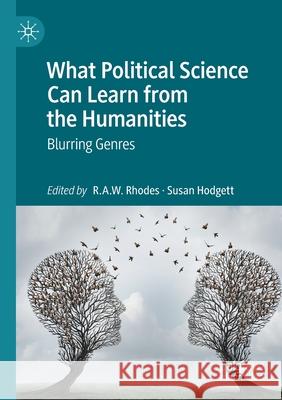What Political Science Can Learn from the Humanities: Blurring Genres » książka
topmenu
What Political Science Can Learn from the Humanities: Blurring Genres
ISBN-13: 9783030516994 / Angielski / Miękka / 2022 / 364 str.
What Political Science Can Learn from the Humanities: Blurring Genres
ISBN-13: 9783030516994 / Angielski / Miękka / 2022 / 364 str.
cena 523,30
(netto: 498,38 VAT: 5%)
Najniższa cena z 30 dni: 501,19
(netto: 498,38 VAT: 5%)
Najniższa cena z 30 dni: 501,19
Termin realizacji zamówienia:
ok. 22 dni roboczych.
ok. 22 dni roboczych.
Darmowa dostawa!
Kategorie BISAC:
Wydawca:
Palgrave MacMillan
Język:
Angielski
ISBN-13:
9783030516994
Rok wydania:
2022
Ilość stron:
364
Waga:
0.43 kg
Wymiary:
21.01 x 14.81 x 1.91
Oprawa:
Miękka
Wolumenów:
01
Dodatkowe informacje:
Wydanie ilustrowane











